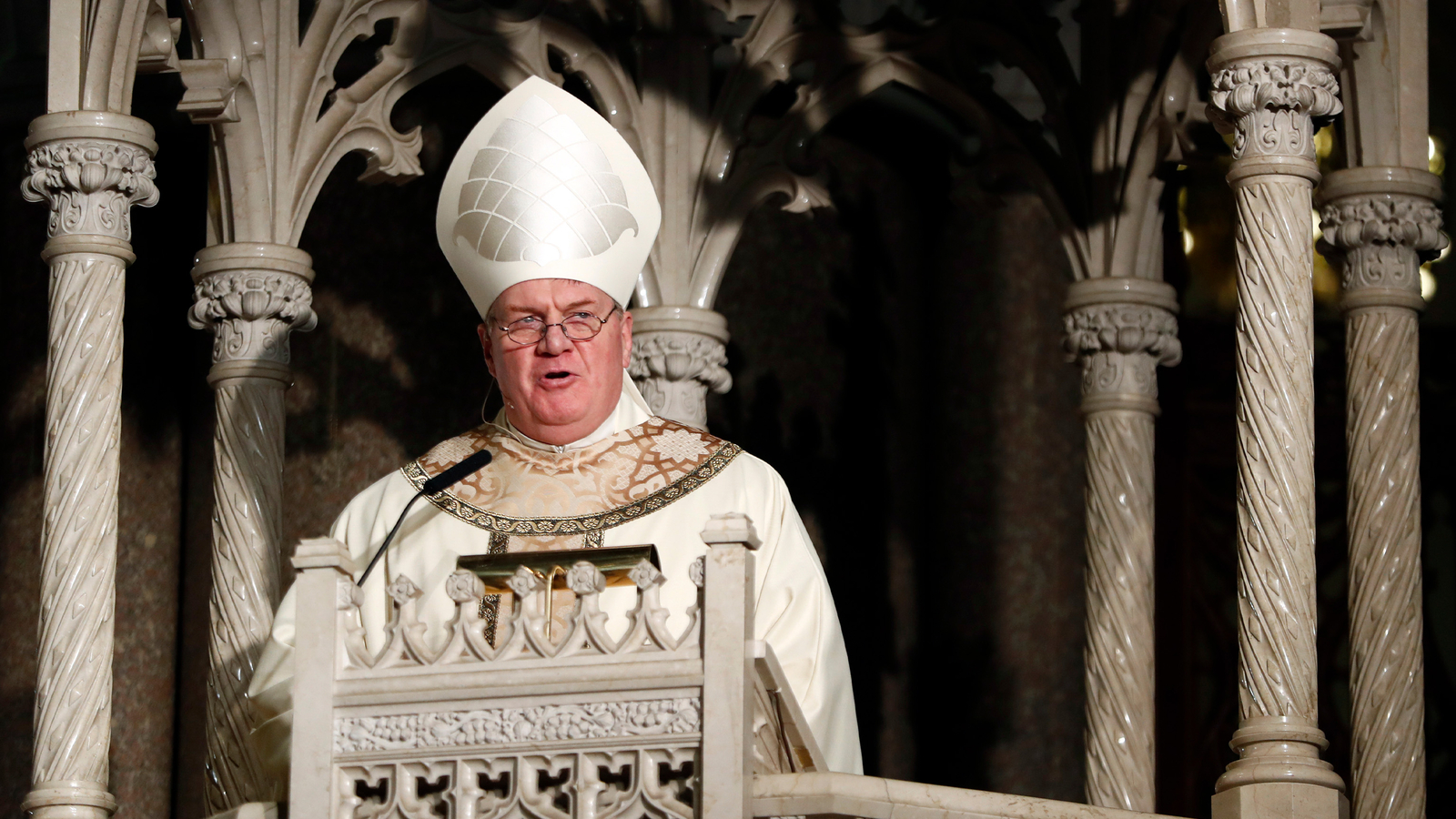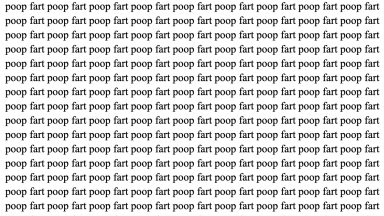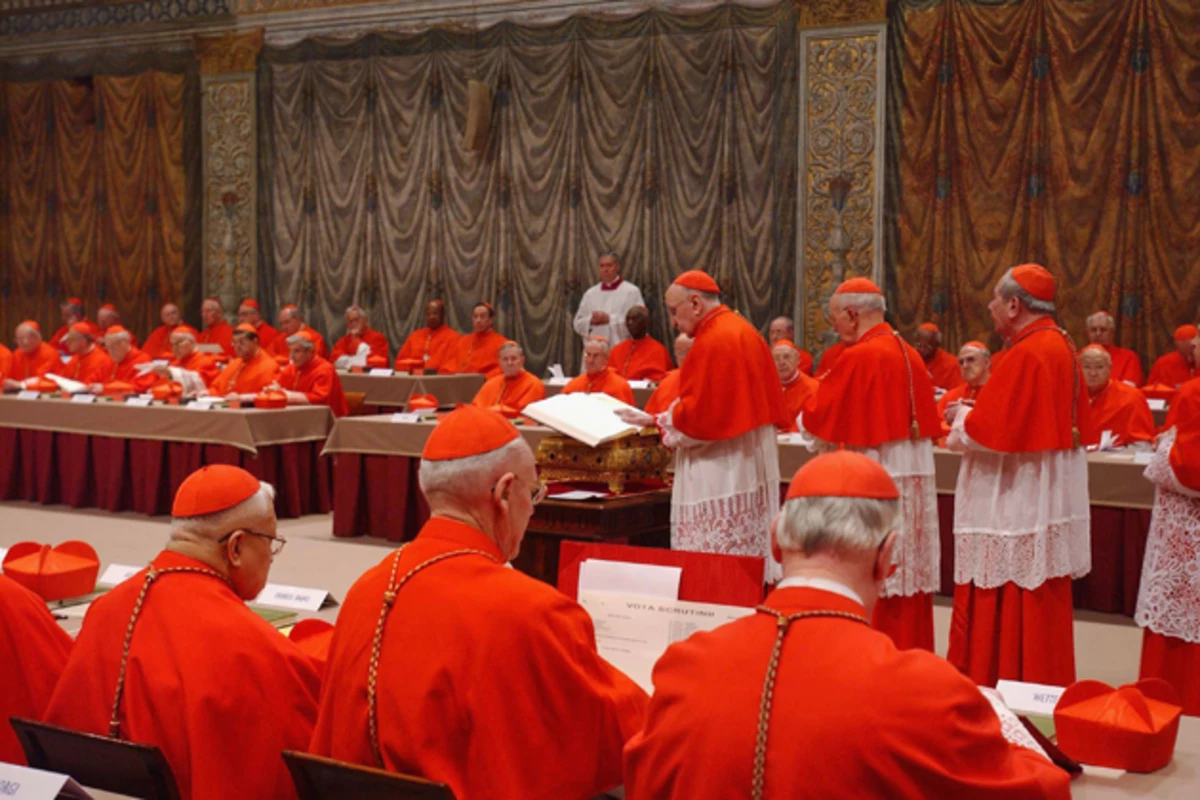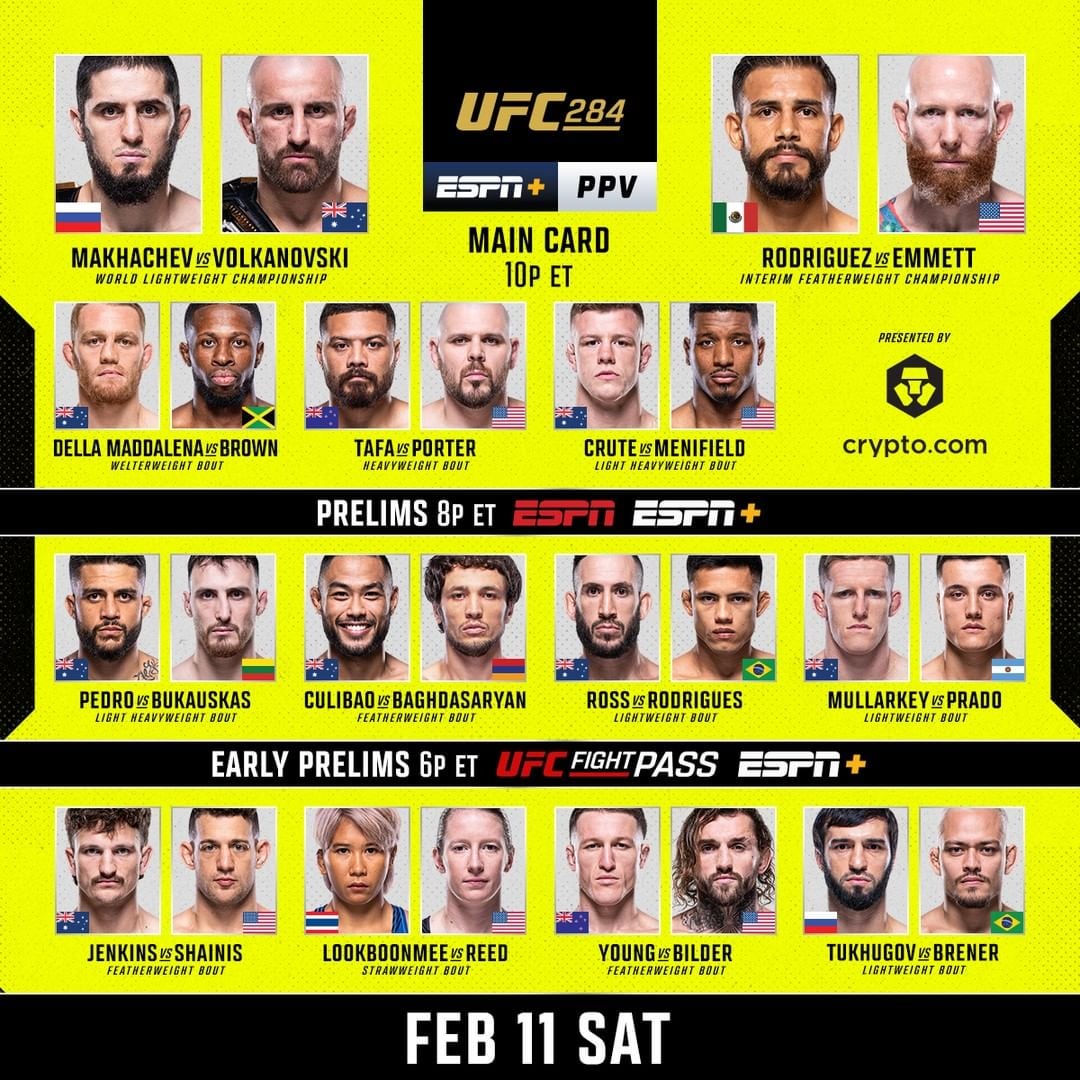Speculation Mounts: Potential Candidates To Succeed Pope Francis

Table of Contents
Cardinal Prefects: Key Players in the Conclave
The selection of the next Pope, a process known as the Papal Conclave, is significantly influenced by the College of Cardinals. Within this group, Cardinal Prefects hold particularly influential positions. Understanding their roles is crucial to comprehending the dynamics surrounding the Pope Francis successor. These Cardinals lead important Vatican congregations and departments, giving them significant insight and influence on Church matters.
-
Key Roles and Responsibilities of Cardinal Prefects:
- Overseeing specific doctrinal, administrative, or liturgical areas within the Church.
- Advising the Pope on crucial matters of faith and governance.
- Playing a significant role in the preparation and conduct of the Papal Conclave.
-
Prominent Cardinals and their Portfolios:
- Cardinal Pietro Parolin: The current Secretary of State, Cardinal Parolin is frequently mentioned as a potential Pope Francis successor due to his close proximity to the Pope and his significant influence on Vatican policy. His expertise in international relations and diplomacy could be invaluable for the next pontiff.
- Cardinal Luis Ladaria Ferrer: The Prefect of the Congregation for the Doctrine of the Faith, Cardinal Ladaria is a key figure in theological matters. His views on doctrine and tradition will likely influence discussions within the Conclave.
- Other key Cardinals: Several other Cardinals heading important Vatican departments regularly appear in discussions about potential successors. Their specific portfolios and influence vary greatly, but each contributes to the complexities surrounding the choice of the next Pope.
The influence of these Cardinal Prefects, and indeed the entire College of Cardinals, cannot be overstated in the selection of the Pope Francis successor.
Geographic Diversity and Papal Succession
The Catholic Church is a truly global institution, and the selection of the next Pope reflects this reality. Historically, while predominantly European, the papacy has shown a gradual movement toward greater global representation. The choice of the next Pope will likely consider this important factor to ensure a leader who can effectively address the needs and concerns of the worldwide Catholic community.
-
Balancing Regional Representation:
- The College of Cardinals strives for a balance of representation from various continents and cultures.
- The geographical origin of the next Pope can signify a shift in emphasis or a desire to better engage with specific regions.
-
Potential Candidates from Diverse Regions:
- Several Cardinals from Africa, Asia, and Latin America are frequently cited as potential candidates. Their backgrounds and perspectives could bring fresh insights and approaches to the papacy.
- The selection of a Pope from a less traditionally represented region could signal a greater emphasis on global solidarity and inclusivity within the Catholic Church.
The consideration of geographic diversity is a crucial element in the discussions surrounding the Pope Francis successor and the future of the Catholic Church.
Theological Considerations and Future Direction
The theological leanings of potential candidates for the next Pope will heavily influence the future direction of the Catholic Church. The next Pope's approach to issues such as social justice, environmental concerns, and Church reform will largely depend on their theological viewpoint. Continuing or modifying Pope Francis's initiatives will be a central aspect of their papacy.
Candidates with Progressive Views
Some Cardinals are known for their progressive stances on social issues, advocating for greater inclusivity and reform within the Church. They often emphasize dialogue, social justice, and adapting Church teachings to modern contexts. Examples may include Cardinals who are vocal proponents of interfaith dialogue or those who advocate for greater inclusion of marginalized groups.
Candidates with More Conservative Views
Other Cardinals maintain more traditional theological stances, emphasizing adherence to established doctrines and practices. They prioritize the preservation of traditional teachings and may be less inclined towards significant changes in Church doctrine or policies. These Cardinals often hold firm to traditional views on issues like family, sexuality, and Church governance.
The balance between these contrasting theological perspectives within the College of Cardinals will significantly shape the discussions during the Papal Conclave and ultimately influence the selection of the Pope Francis successor.
The Papal Conclave: The Process of Choosing the Next Pope
The Papal Conclave is a highly secretive and ritualistic process, central to the selection of the next Pope. Understanding this process provides insight into the dynamics at play in choosing the Pope Francis successor.
-
Steps in the Papal Conclave:
- The death or resignation of the Pope triggers the Conclave.
- Cardinals gather in the Vatican to elect a new Pope in complete secrecy.
- A series of ballots are conducted until a candidate receives the required two-thirds majority.
-
Secrecy and Rituals:
- Strict rules govern the secrecy surrounding the Conclave to ensure impartiality and avoid outside influence.
- Traditional rituals and ceremonies accompany the process, emphasizing the solemnity of the occasion.
The Papal Conclave is a complex and significant event that determines the next leader of the Catholic Church. Understanding this process is vital to grasping the intricacies of selecting the Pope Francis successor.
Conclusion
The question of who will succeed Pope Francis remains a subject of intense global interest. Analyzing potential candidates requires considering their theological positions, regional representation, and their ability to navigate the complex challenges facing the Catholic Church. While predicting the outcome of the Papal Conclave is impossible, examining these factors offers valuable insight into the possible directions the Catholic Church might take under its next leader. Stay informed about the latest developments concerning the Pope Francis successor and continue following the evolving conversation surrounding the future of the papacy. Understanding the key players, the process, and the various theological perspectives will be crucial in comprehending this pivotal moment in the history of the Catholic Church.

Featured Posts
-
 Ai Digest Transforming Repetitive Scatological Documents Into A Poop Podcast
May 11, 2025
Ai Digest Transforming Repetitive Scatological Documents Into A Poop Podcast
May 11, 2025 -
 The Next Pope Examining The Leading Candidates For The Papacy
May 11, 2025
The Next Pope Examining The Leading Candidates For The Papacy
May 11, 2025 -
 Ufc 315 Fight Card Key Matches And Predictions For Tonight
May 11, 2025
Ufc 315 Fight Card Key Matches And Predictions For Tonight
May 11, 2025 -
 Faber Faces Backlash Over Rejected Honours For Coa Volunteers
May 11, 2025
Faber Faces Backlash Over Rejected Honours For Coa Volunteers
May 11, 2025 -
 Ufc 315 Updated Fight Card Following Jose Aldos Weight Problems
May 11, 2025
Ufc 315 Updated Fight Card Following Jose Aldos Weight Problems
May 11, 2025
